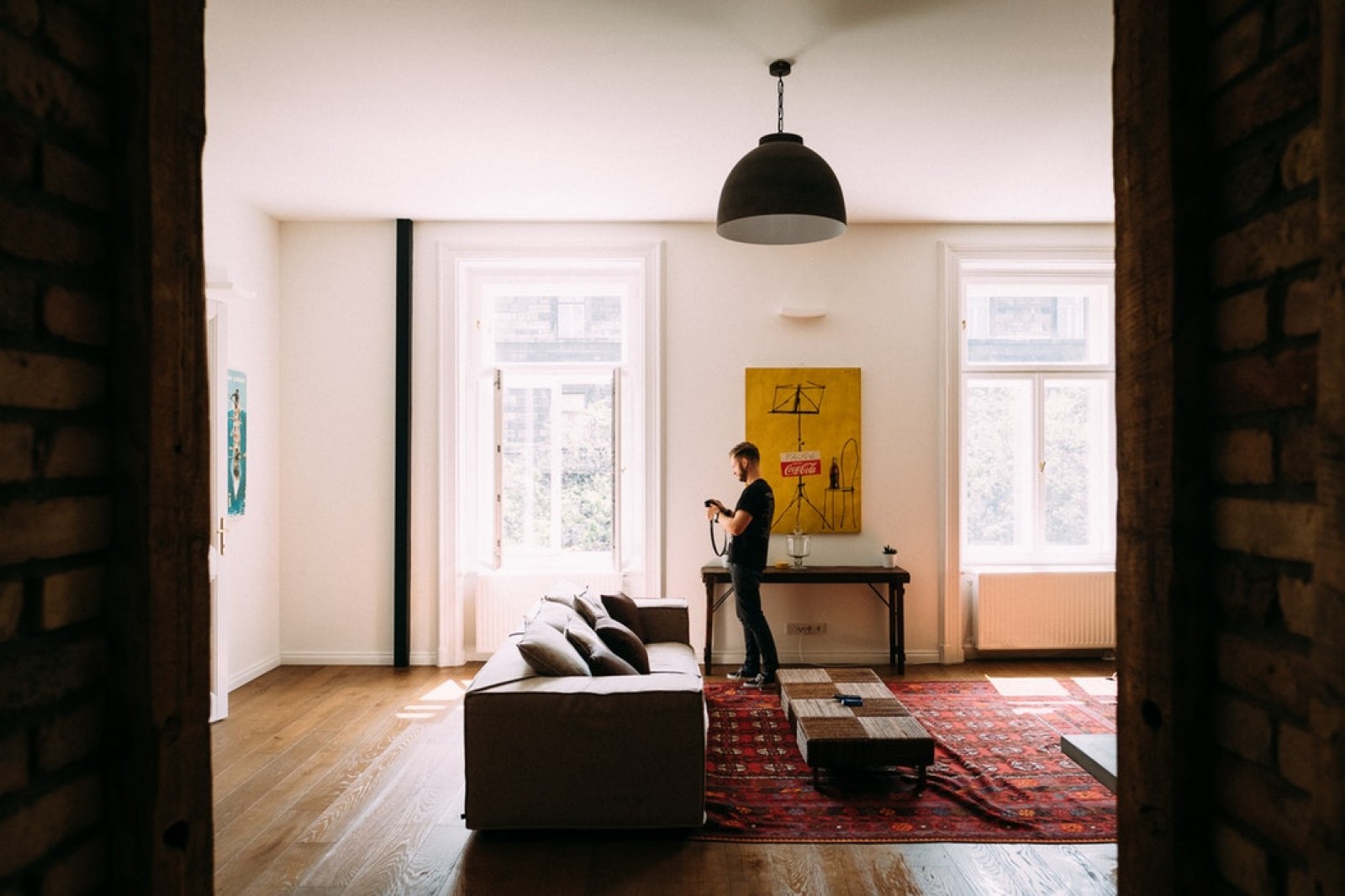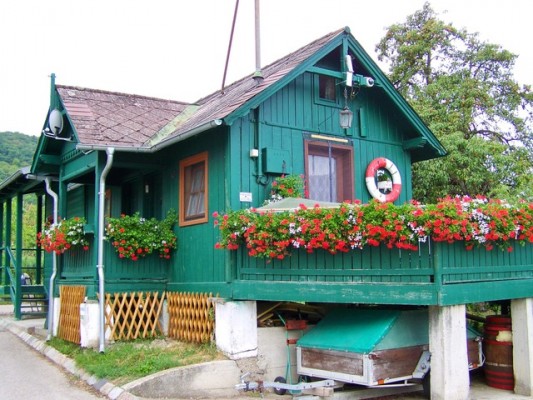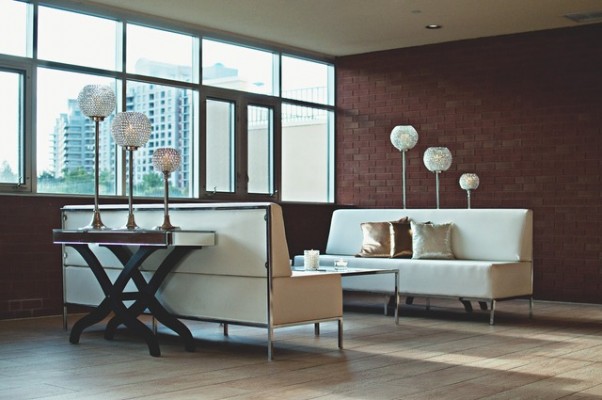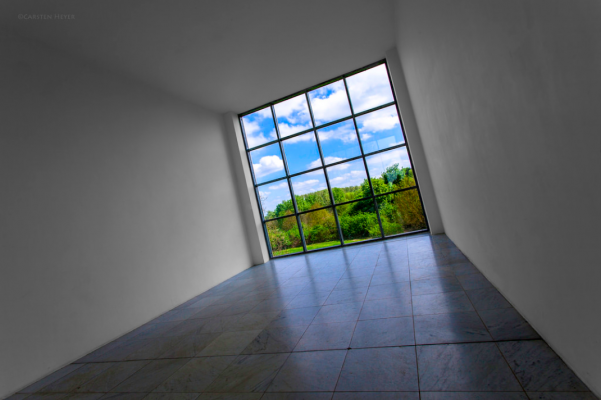How to find a longterm property
Different solutions are possible to find a new home:
-
relocation agency: company specializing in the accompaniment of expatriate executives and their families for their installation in France. Its mission is to facilitate the moving of a family in France. The services rendered can range from obtaining the necessary official documents (visa, work permit, residence permit ...), looking for a new home or schools for children, or even search of a job for the spouse, or learning the language;
-
apartment hunter: a professional who specializes in looking for an apartment or a house. After an in-depth interview about the needs of the person or the family, the hunter seeks, in his name, the ideal good; the disadvantage of this kind of services is that there is no legal entity behind the individual hunter which would be responsible for his actions;
-
real estate agencies: when the owner decides to apply to a real estate agency for help, the fees are shared between the latter and the future tenant. The main disadvantage of a real estate agencies is that they usually offer to clients only properties from their agency’s database, and do not consider all the options available on the market, which might be offered by other agencies or by owners directly;
-
specialized websites: present the existing offers on the real estate market. The search is done by criteria (location, area of the property, price, number of rooms, etc.). The most known websites are:
- leboncoin
- seloger
- pap (particulier à particulier)
All the announcements are in French and most of owners do not speak English, so only French-speaking tenants can try to do apartment search themselves; however, they must keep in mind that French real estate market is very complex and you need to have some knowledge to be able to find a longterm rental, negotiate with the owner and sign the agreement.
What are the documents required from the tenants?
An owner who rents a home is entitled to request information on the financial situation of his future tenant. An approximate list of the documents that can be requested is as follows:
-
a document proving your identity (ID, residence card, passport or driver's license);
-
the last 3 receipts of rent or a certificate of domiciliation or certificate of the host or last notice of property tax or title of ownership of the principal residence;
-
a copy of the employment contract or any document proving the applicant's professional situation, or French Guarantor:
-
the last 3 payslips or the last two balance sheets for non-employees;
-
the last or second last tax notice.
The list of documents depends on your occupation, so it can differ considerably from case to case. The full official list of required documents is available here.
Duration and legal notice in the rental agreement
Any agreement on property lease must be written. It must include the following information:
-
the parties of the contract: contact details of the owner, name of the tenant(s), dates of the start end ending of the contract, its duration and the conditions of renewal;
-
housing details: area, housing description, type of lease, if works have been done since the last rental;
-
the rent: the fixed monthly rental, all charges included into it, conditions of payment of the charges not included into the lease, date and cycle of the rental payments;
-
the deposit: the amount (cannot be greater than 1 month rent excluding charges for an unfurnished accommodation and 2 months for a furnished accommodation), conditions of utilization and reimbursement.
NB! lease term:
As a rule, the lease term of an unfurnished apartment is 3 years. If the lease expires and neither the landlord nor the tenant gives a notice, the lease is automatically renewed for 3 years. Furnished apartments can be rented for 9-10 months to students, and for 12 months to all other categories of tenants; it is also automatically renewed in case if no notices are given. Any lease can be terminated before the expiry date only by the tenant; the termination notice is to be given 3 or 1 months in advance, depending on the contract.
Inventory act of move-in and move-out
Act of move-in: Before settling in the apartment, the tenant and the owner (or the agency representing it) must draw up and sign an inventory act of move-in. This document accurately describes the condition of the housing, all the furniture and its condition, as well as all appliances. It is made in 2 copies, a copy for the owner and the other for the tenant.
The act must include:
-
the type of inventory: move-in or move-out;
-
its date of signature;
-
the address of the dwelling;
-
the names and contact details of the parties (owner and lessee);
-
the addresses of the parties;
-
where applicable, the name and contact details of the company authorized to carry out the inventory;
-
readings of individual meters for water and energy consumption;
-
the detail and destination of the keys or any other means of access to the private or common premises;
-
the most precise description of the floors, walls and ceilings in each room of the apartment;
-
the signatures of the parties and of the person who made the inventory.
Act of move-out: A departure inventory must be made at the moment of the return of housing. It will be made either on the same document as the inventory of move-in (the document will include two columns "at the move-in" and "at the move-out") or as a separate document having the same form as the original document.
If differences are found between the inventory of move-in and the inventory of move-out, the cost of the repairs to restore the initial condition of the apartment will be deducted from the deposit. Each deduction made by the owner or his representative must be justified (production of an estimate in case of works for example).
NB! There exists a notion “natural wear”, which describes natural deterioration of the condition of the premises when someone is living there. For example, if the parquet becomes a little bit darker due to aging, or paint on the walls blemishes because of the sun, this is natural wear and not a damage. Natural wear is an essential consequence of a normal use of premises and it cannot(!) be deducted from the security deposit.
French owners are very respectful towards the real estate reglamentations, so if you take renting in France for serious, too, you will succeed in finding your perfect rental.









